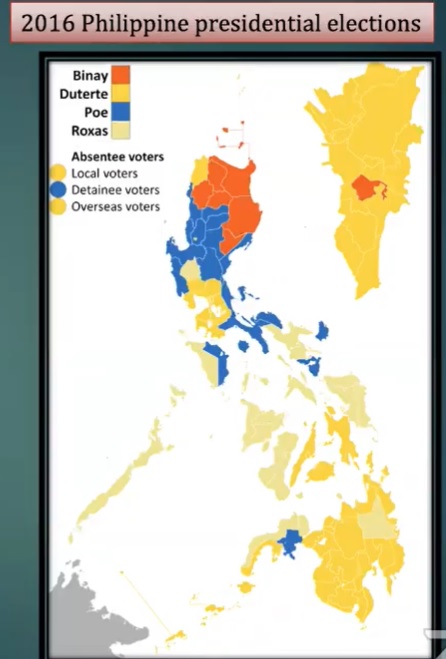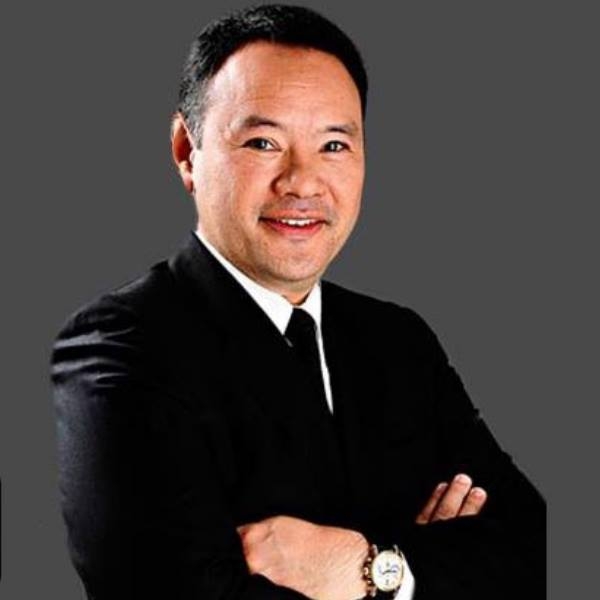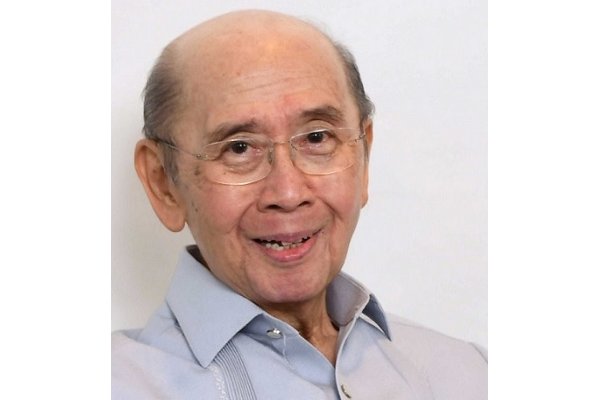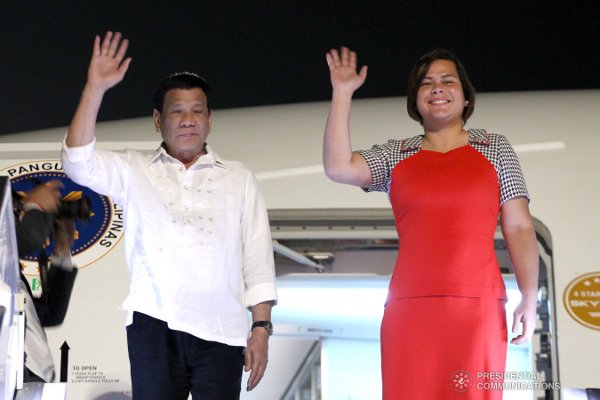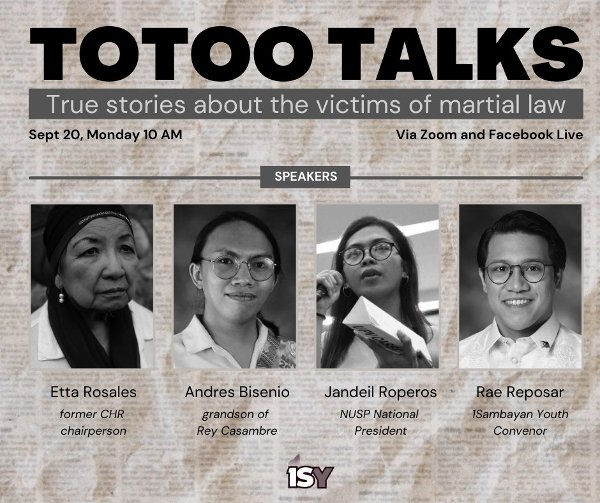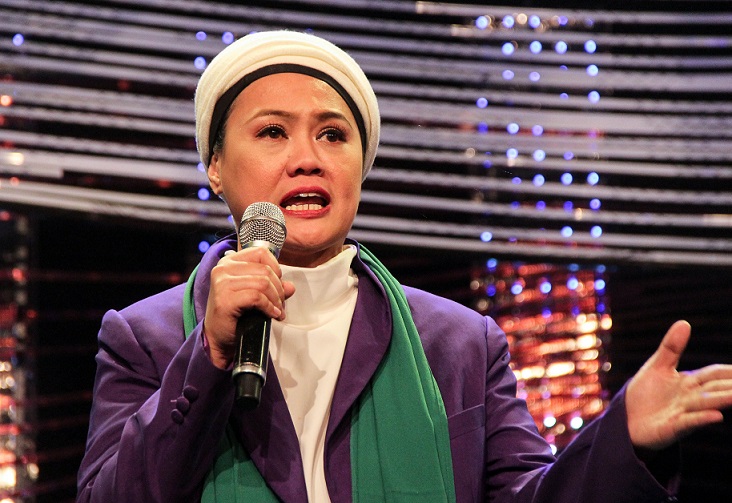There is no such thing as a “solid South” vote as several presidential candidates in the 2022 elections have already established their base in Mindanao and linked up with different powerful families in the region, according to political analysts.
“Mindanao cannot be considered a single entity in this election,” Ramon Casiple, executive director of the Institute of Political and Electoral Reforms, said in a Nov. 30 online forum hosted by Mindanews.“ All the candidates have their base in Mindanao. It’s very hard to actually know how the votes will round-up.”
Among the candidates running for the country’s top two government posts, presidential daughter and Davao City Mayor Sara Duterte and Senator Manny Pacquiao come from Mindanao. Sen. Bong Go, like Duterte, is from Davao but has bowed out of the presidential race.
An Oct. 20-23 survey of presidential preferences by the Social Weather Stations showed that Duterte’s running-mate Ferdinand “Bongbong” Marcos Jr. is leading with 47 percent of the 1,200 respondents, followed by Vice President Leni Robredo with 18 percent, and Manila City Mayor Francisco “Isko Moreno” Domagoso with 13 percent.
The other panelists in the forum – Patricio Abinales, professor at the University of Hawaii-Manoa Asian Studies Department, and Carolyn Arguillas, editor-in-chief of Mindanews — attributed the long-continuing voting divide in Mindanao to the disagreements among the political clans there.
“Quite a number of the [political] dynasties are divided these days because they’re aligned with different presidential candidates,” Arguillas noted.
Other political experts have likewise predicted that Mindanao will be a divided region in the upcoming polls. (See /articles/go-pacquiao-may-deny-marcos-jr-much-needed-mindanao-votes-20)
Abinales plotted out the results in Mindanao from the 1957 to 2016 presidential elections and found that Mindanaoans almost never voted for the same presidential candidates. He said, however, that whoever wins in Mindanao in 2022 has a fair chance of capturing voters in the neighboring Visayas.
“There is no Mindanao vote, but there is a Visayan vote,” Abinales observed. “ Take Mindanao and you’ll have a potential Visayan bloc that needs to be tapped by any candidate who wants to win.”
He explained that the people in the Visayas have a history of migrating to “settler zones” – the Davao Region and Zamboanga Peninsula – which are home to swing provincesrepresenting about 40 percent of the voting population in Mindanao that candidates should target.
Data from the Commission on Elections show 14.6 million, or about 25% of the country’s 61.01 million registered voters are from Mindanao.
The panelists noted two key issues that presidential candidates should address to court the votes of the Mindanao voter: the pandemic and the economic crisis it caused.
The Philippine economy shrank by 9.5 percent last year according to the Philippine Statistics Authority, the worst economic slump on record. The National Economic and Development Authority (NEDA) has estimated that the country will lose up to P37 trillion in the next 10 to 40 years due to the health crisis.
The youth vote, which comprises of 52% of the voting population, will also play a key role in the outcome of the election, making social media and the internet important avenues to reach voters, the analysts said.
“Hindi na raw siya 3Gs but 5Gs (It’s not 3Gs anymore, but 5Gs): guns, goons, gold, gigabytes and GCash,” Arguillas said, emphasizing the importance of the internet because of the limitations of traditional methods of campaigning resulting from the pandemic.
“Young people will have a big role to play here,” Abinales said. “ Hopefully, the young people will take over.”
